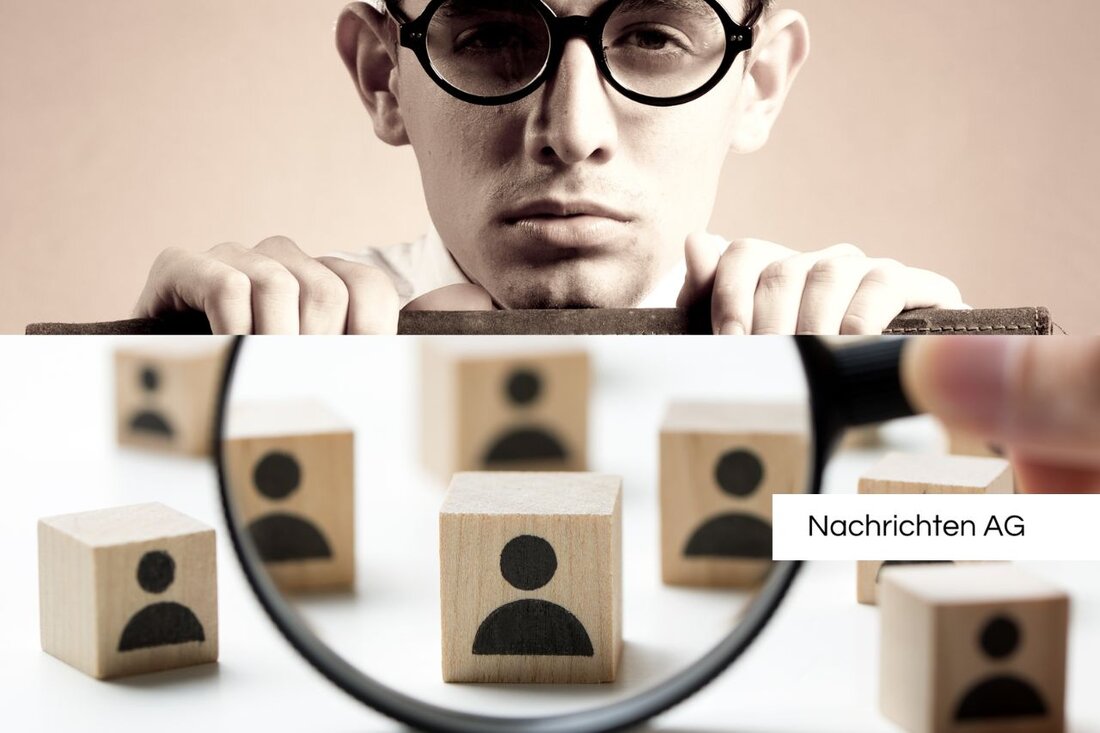Criticism of new video surveillance: fundamental rights in danger!
Criticism of new video surveillance: fundamental rights in danger!
Niedersachsen, Deutschland - Interior Minister Karner has announced that video surveillance in Austria could be expanded to a three -digit number of locations. This step takes place as part of a new decree, which should make it possible to carry out video surveillance in places where there are only indications for future dangerous attacks or recognizable criminal structures. So far, surveillance was only allowed in places where dangerous attacks had already taken place. However, this new measure meets massive criticism.
The NGO Epicenter.Works has vehemently spoken out against the expansion of video surveillance. The argument of the NGO is based on the fact that most people in the relevant places could not have been debt. It is also feared that automated face recognition could enable the population's movement profiles without sufficient legal framework conditions. Data protection expert Thomas Lohninger said that this expansion of monitoring should be regarded as excessive without a specific reason and without prior debate. Lohninger also called for a proportionality test for video surveillance in public space.
Legal framework and AI-act
The increasing discussion about video surveillance falls into a more comprehensive context, namely the European Artificial Intelligence Act (EU AI Act), which came into force on August 2, 2024. This represents the first comprehensive law on the regulation of artificial intelligence worldwide. The EU AI Act provides a gradual introduction of its regulations by 2026 and regulates the use of AI systems in the EU, whereby a special focus is on risk classification. Biometric facial recognition, which is classified as high -risk, falls among the high -technological tools. Your use in public space for law enforcement purposes is generally prohibited, unless there are specific exceptional cases, such as the search for missing persons or the prevention of terrorist attacks.
These legal requirements must be harmonized with the national provisions. Some critics point out that the existing provisions in the Security Police Act are due to a lack of sensitivity to fundamental rights. Epicenter.Works indicates a judgment of the Constitutional Court, which considers continuous surveillance as a problem with regard to the effects on personal fundamental rights. The appeal to a reform of the law becomes louder, especially with regard to the necessary protective measures for the citizens.
criticism and social effects
The criticism is not limited to the current developments in Austria. In Germany, Lower Saxony is the first federal state to plan the integration of AI into public video surveillance, while the federal government is considering similar measures. Data protection concerns and the risk of restricting fundamental rights are the focus of these discussions. Here, too, the legal basis is always considered inadequate. The fine adjustment of these regulations is a hotly controversial topic, especially with regard to the definition of "real time" and the conditions for exceptions in the use of biometric distant identification.
In addition to concern about the legal situation, there are also concrete technical concerns. Critics warn of the possibility of mistakes in AI-based surveillance systems that can lead to false positive or false negative results. This problem once again raises the question of the quality of the training data and the algorithms used, which could lead to distortions and discrimination.
Overall, a comprehensive view of the effects on society must take place. The current measures require intensive evaluation to ensure that both the fight against crime and the protection of fundamental rights are reconciled.
The requirements for the integration of AI into the security technology are high, especially in terms of cyber security and accuracy, and must be compatible with existing data protection regulations such as the GDPR. Critics fear that current developments unnecessarily intensify the monitoring and control of the population and that free access to information and self -determination could severely restrict.
While the debate on the right balance between security and freedom continues, it is clear that the effects of these regulations are far -reaching and require careful assessment and adaptation to protect fundamental rights.
For further information on discussion about video surveillance and AI integration, the reports from Kleine Zeitung href = "https://www.dallmeier.com/de/ueber-uns/dallmeier-blog/VideoSicherheit-und-biometric-gutsicht-im freight-es-euen-eu-eu-ki-regulation"> dallmeier and Mind-verse
| Details | |
|---|---|
| Ort | Niedersachsen, Deutschland |
| Quellen | |


Kommentare (0)